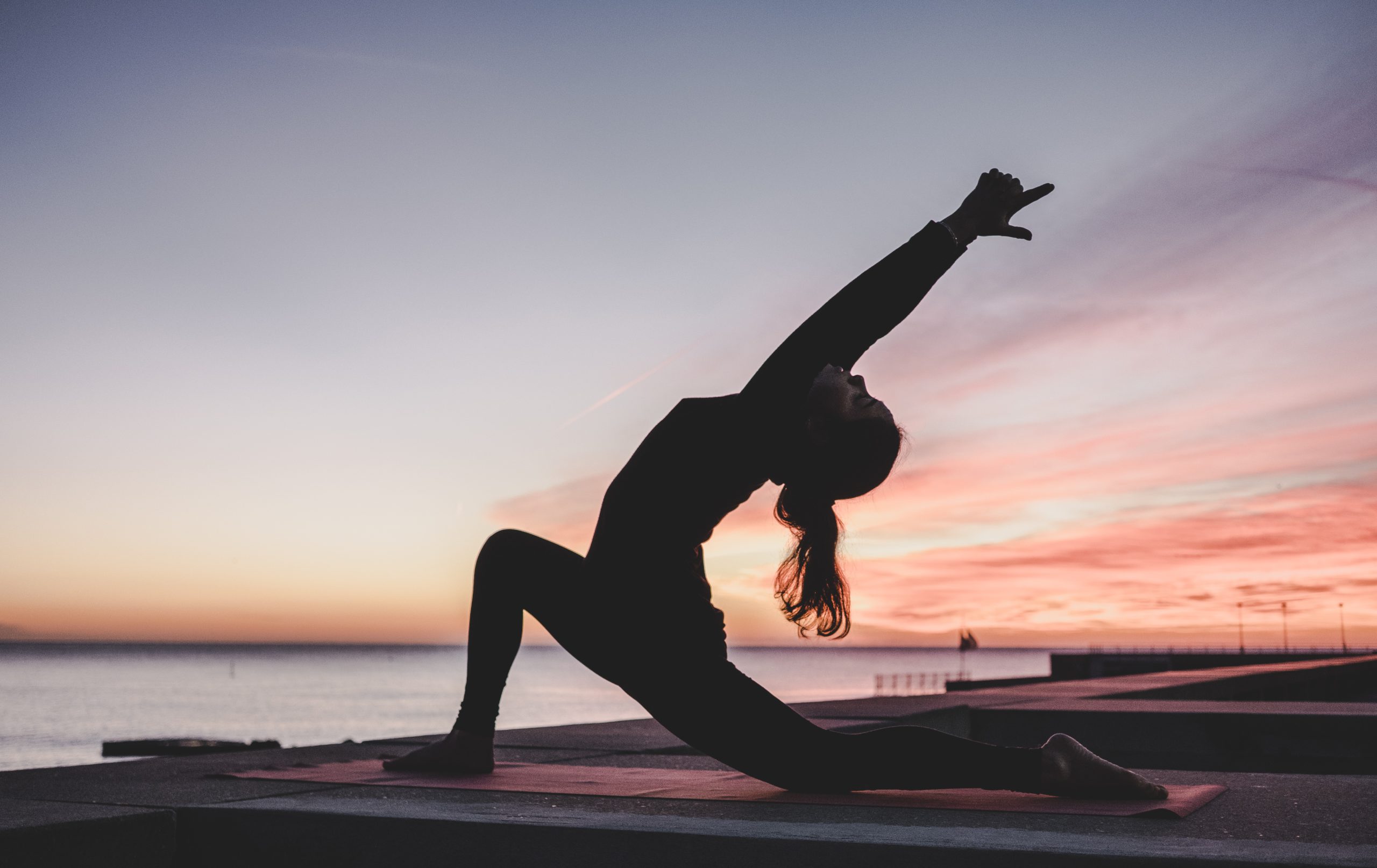Midterms are here, and burnout is on the rise. While juggling endless classes, shifts, and deadlines you are not alone. As a student, it can be so hard to find the daily motivation to work out, eat healthy, and get those assignments in on time (and listening to Rocky Balboa’s speech on repeat isn’t going to cut it).
Building healthy habits during these prime years will give you sustainable energy that will have you feeling so good you won’t want to turn back to the way things were. With a little practice, these healthy habits will become second nature to you, so that when you feel like you’re burning out, you’ll know how to help yourself get right back on track.
Let’s learn about something called the window of tolerance. Emotional regulation has a great deal to do with the way we respond to the significant stressors in our lives. The window of tolerance was coined in 1999 by Dan Siegel in his book The Developing Mind. It is described as a comfort zone where we are able to self-soothe and regulate our emotions. When this window is breached and we’ve reached our limit, we can use techniques to bring ourselves back and widen our window of tolerance.
When life throws something stressful in our direction, we can now identify our emotional state and decide if we need time to process and regulate new incoming feelings. This awareness of what we can and cannot tolerate helps us maintain the habits that benefit us, and keeps us from swerving into the negative path of a stressed and emotionally exhausted mind.
We are all human; when we do get emotionally exhausted, there are ways we can deal with this stress and come back home to ourselves. Indicators of you leaving your window of tolerance include shutting down, dissociating, as well as feeling overwhelmed, anxious, or disconnected. When activating our parasympathetic nervous system — the part of our nervous system responsible for relaxing the body — we want to engage in soothing practices that decrease the activity of our overactive sympathetic nervous system.
Grounding exercises are very important, but because our stressors are unique to each one of us, it is essential that the tools we use are unique as well. This means finding the tools that work to support your needs by practicing them so you can rely on them when needed. Some examples you might try are:
- Soothing breathing techniques (you might listen to a guided meditation)
- Going on a hike or nature walk
- Journaling
- Practicing gratefulness (Download Presently)
- Cold water showers
- Listening to music
- Eating comfort foods
- Using a weighted blanket
- Gentle yoga (Yin Yoga)
These methods are straight from Dr. Andreas Comninos, who is a clinical psychologist and EMDR accredited practitioner with over 15 years of psychotherapy experience.
These soothing techniques will become second nature to you the more you practice them. When you know how to help yourself, you can help other people too. Please reach out to a licensed professional if you are in need of serious care. Stay tuned to our sports page for more helpful information, and good luck on midterms everyone!


